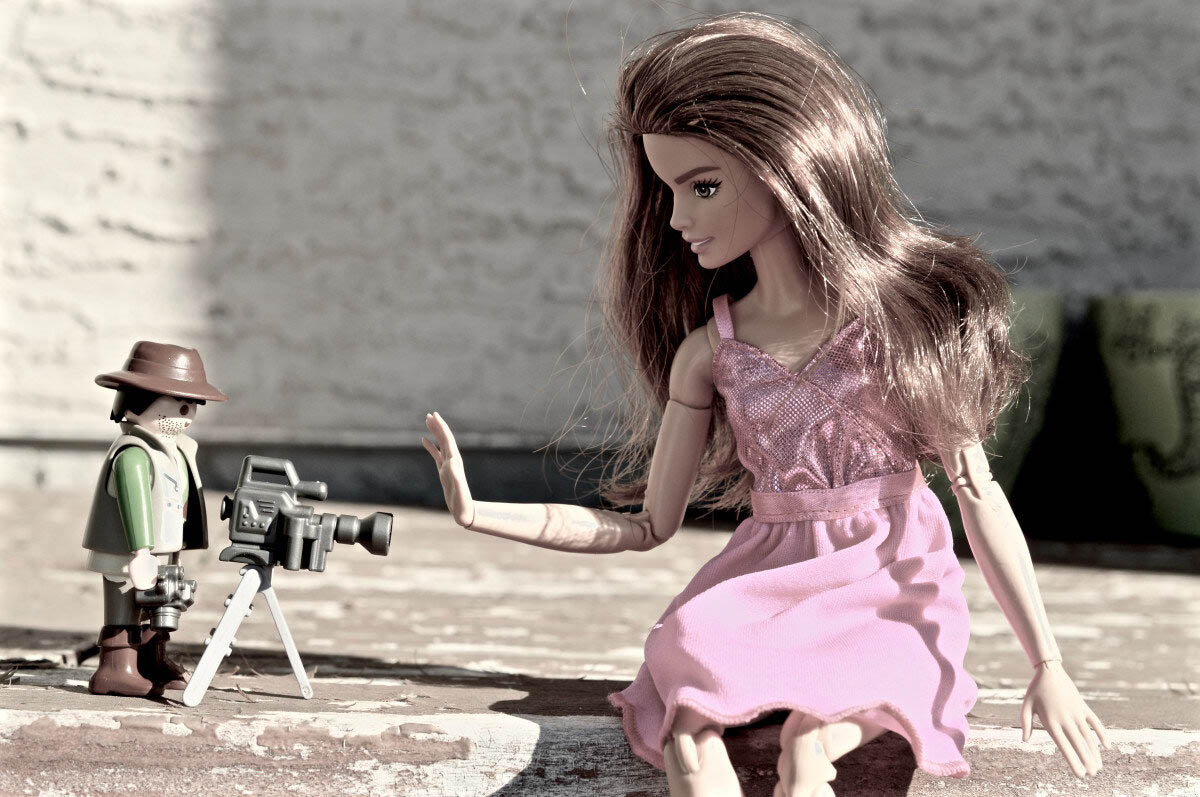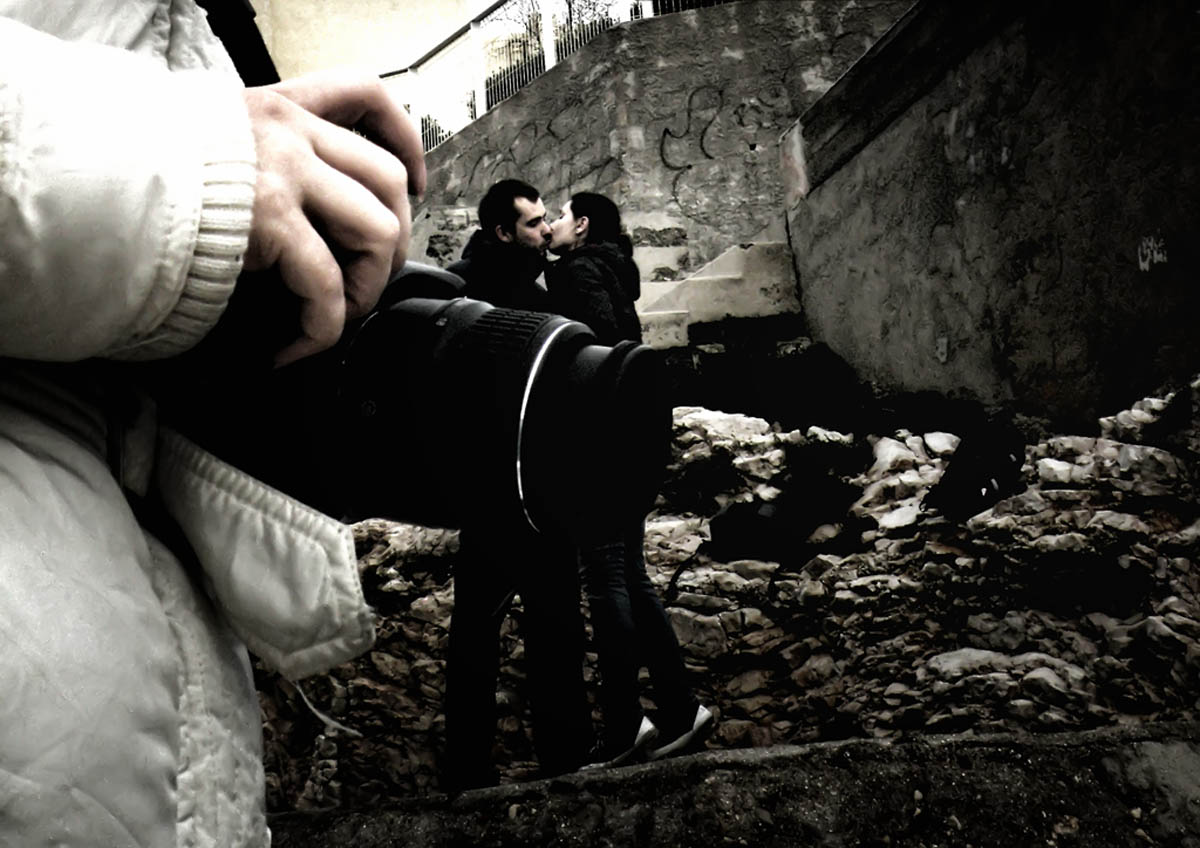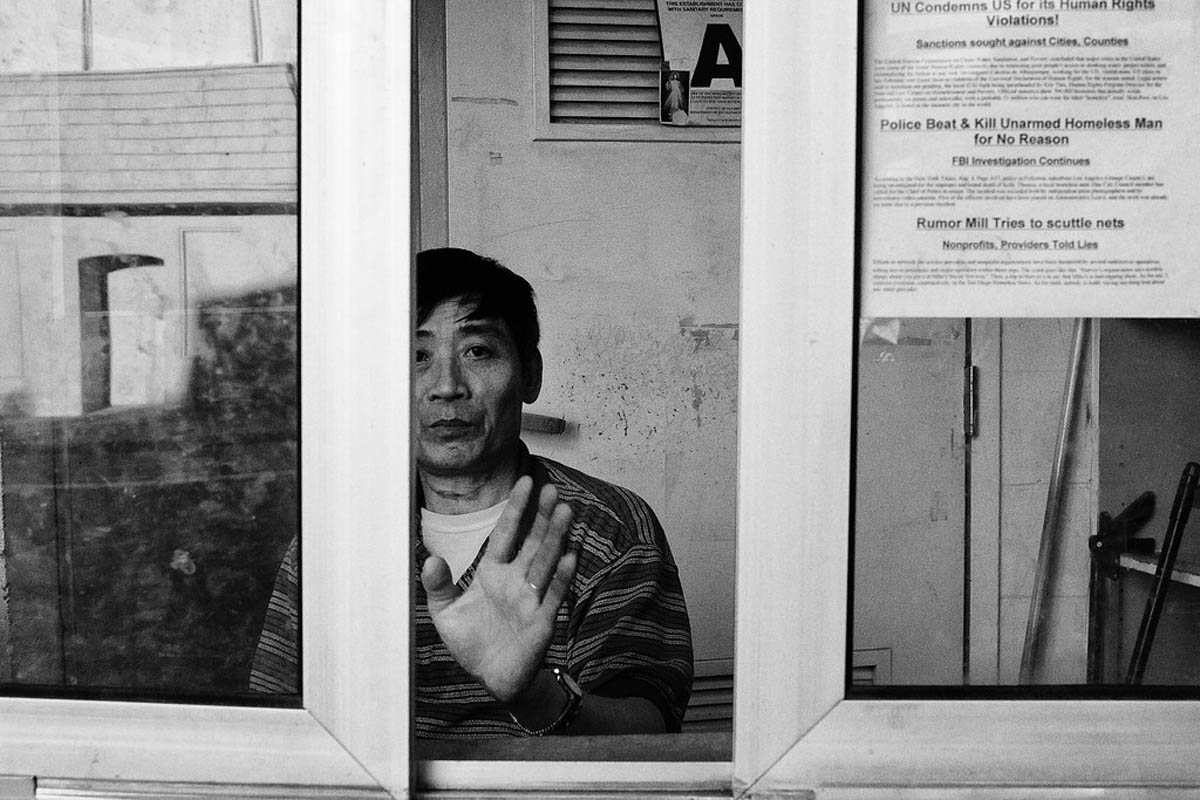Photography and privacy are closely connected, especially in a diverse and populous country like India. Taking pictures is a great way to capture memories and tell stories. But it’s important to think about how it affects people’s privacy. Nowadays, with smartphones and social media, it’s easy to share photos instantly. It’s really important to respect people’s privacy rights. This guide is here to help you understand how photography and privacy work together in India. It covers the laws, what’s ethical, and gives practical advice for both photographers and the people in the photos. By understanding these things, we can enjoy photography while also respecting everyone’s personal space and cultural differences.

Understanding Privacy
Privacy refers to the right of individuals to keep their personal information and activities from being disclosed. In the context of photography, privacy concerns arise when photos are taken or shared without the consent of the individuals in them. Respecting privacy means not intruding on someone’s personal space and ensuring that their images are used appropriately.
Legal Framework for Privacy in India
The right to privacy in India has evolved significantly over the years. The landmark judgment by the Supreme Court of India in 2017, declaring the right to privacy as a fundamental right under the Indian Constitution, marked a significant step in this evolution. This decision impacts various aspects of life, including photography. Here are some key legal points to consider:

- Public Spaces: Generally, taking photos in public places such as parks, streets, and markets is allowed. However, photographers should not invade personal moments or take intrusive photos. Respecting people’s personal space, even in public, is essential.
- Private Property: Photographing on private property without permission is not permitted. This includes homes, offices, and private events. Always seek permission from the property owner or the individuals present before taking photos.
- Commercial Use of Photos: Using someone’s photo for commercial purposes, such as advertisements or promotional materials, requires their explicit consent. This involves obtaining written permission from the individuals depicted in the photos to avoid legal issues.
Practical Tips for Respecting Privacy
To ensure that your photography respects the privacy of others, follow these practical guidelines:

- Seek Consent: Always ask for permission before taking a photo of someone, particularly in private or intimate settings. For instance, if you’re photographing at a wedding or a private party, seek consent from the attendees.
- Be Mindful of Sensitive Situations: Avoid taking photos in sensitive situations, such as in hospitals, religious ceremonies, or moments of distress. Respect the context and the individuals involved.
- Think Before Sharing Online: Before posting photos on social media, consider the privacy of the people in the image. Ensure you have their consent to share the photo publicly. Be cautious about tagging people without their permission.
- Blur or Crop Photos: If you must share a photo but are unsure about the privacy of individuals in the background, consider blurring or cropping the image to protect their identities.
Challenges Posed by Modern Technology
The advancements in technology have made photography more accessible but also brought new challenges to privacy:
- Social Media: Platforms like Instagram, Facebook, and Twitter allow instant sharing of photos. Posting someone’s photo without their consent can lead to privacy breaches. Always seek permission before tagging or sharing photos of others.
- Surveillance Cameras: The widespread use of security cameras in public and private spaces can record people without their knowledge. While these are often used for safety and security, they raise concerns about how the footage is stored, used, and who has access to it.
- Facial Recognition Technology: This technology can identify individuals in photos and videos, posing significant privacy concerns. Misuse of facial recognition can lead to unauthorized surveillance and data breaches.

Global Comparisons
Understanding how different countries handle privacy in photography can provide context and help improve practices in India:
- United States: In the U.S., photography in public spaces is generally allowed. However, there are restrictions on using someone’s image for commercial purposes without consent. Privacy laws vary by state, but there is a strong emphasis on respecting private spaces and moments.
- European Union: The General Data Protection Regulation (GDPR) provides strict rules on the use of personal data, including photographs. Consent is crucial, especially for sharing and processing images. The GDPR emphasizes transparency and the right to privacy.
- Japan: Privacy is highly valued in Japan. Taking someone’s photo without their permission, even in public places, can be considered an invasion of privacy. The cultural respect for personal space and consent is deeply ingrained.
Conclusion
Photography is a powerful medium that captures and shares the essence of moments and stories. However, it must be balanced with the respect for privacy. In India, understanding and adhering to privacy laws and norms is crucial for responsible photography. Always seek consent, be mindful of your surroundings, and think carefully before sharing photos online. By doing so, photographers can ensure that their work respects the privacy and dignity of individuals while still enjoying the creative and expressive possibilities of photography.

Thank you for this article